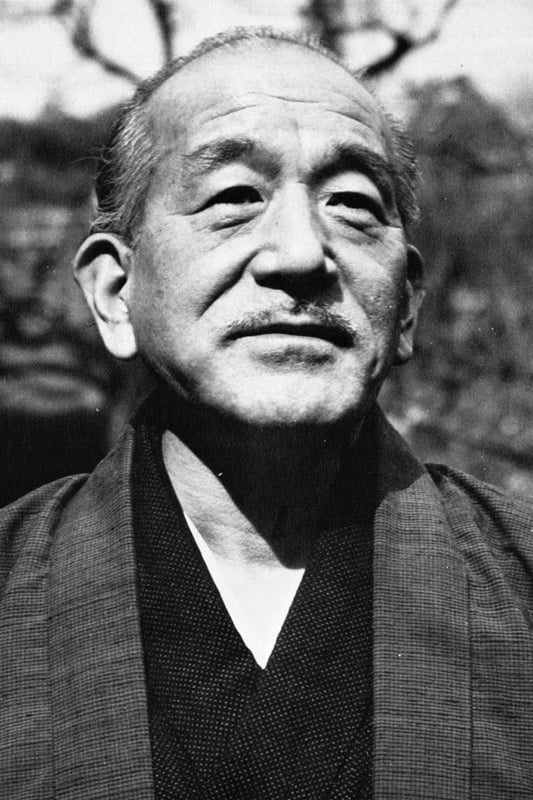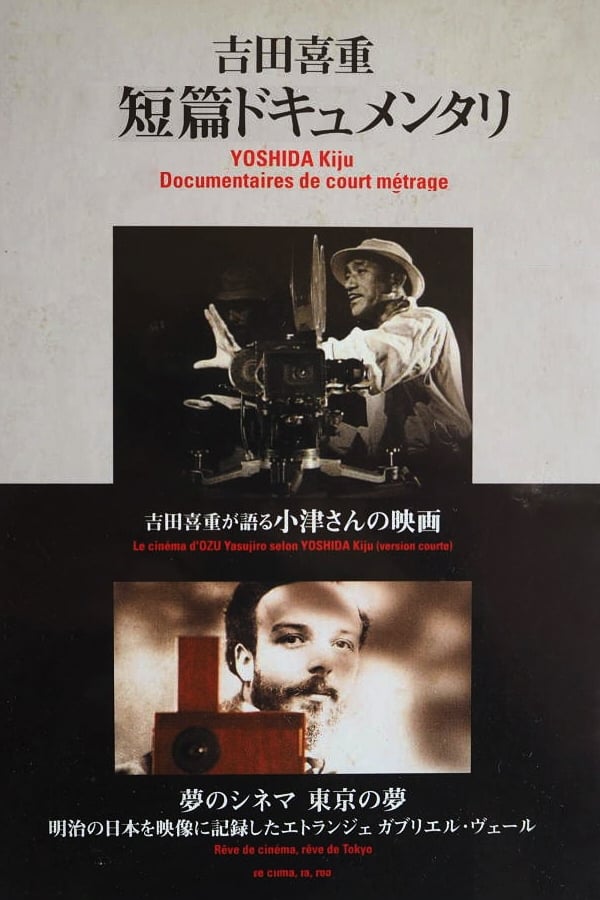

Yasujirō Ozu was a Japanese film director and screenwriter. He began his career during the era of silent films. Ozu first made a number of short comedies, before turning to more serious themes in the 1930s. Marriage and family, especially the relationships between the generations, are prominent themes in Ozu's work. His most lauded films include Late Spring (1949), Tokyo Story (1953), Floating Weeds (1959), and An Autumn Afternoon (1962). His reputation has continued to grow since his death, and he is widely regarded as one of the world's most influential directors. In the 2012 Sight & Sound poll, Ozu's Tokyo Story was voted the greatest film of all time by world directors.

Yoshida grew close to Ozu Yasujiro during his time at...